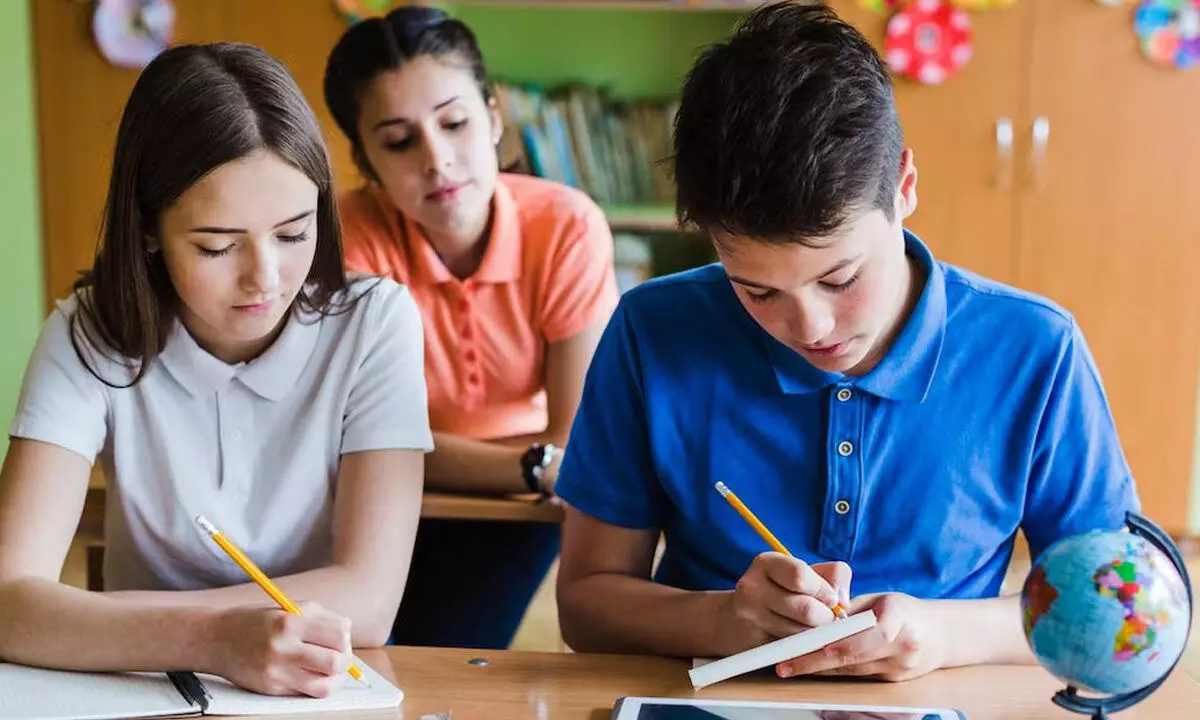The growing importance of life skills education

In today’s rapidly evolving world, academic achievement alone no longer guarantees personal or professional success
In today’s rapidly evolving world, academic achievement alone no longer guarantees personal or professional success. The challenges posed by globalization, technological advancement, and social complexities demand more than theoretical knowledge. Individuals, especially the youth, require a broad array of life skills—such as critical thinking, effective communication, problem-solving, and emotional resilience—to navigate these dynamics. Life skills education has thus emerged as an essential component of holistic education, equipping students with abilities that foster personal growth, social adaptability, and long-term career success.
Life skills are cognitive, emotional, and interpersonal tools that help individuals manage everyday challenges. As the job market becomes increasingly complex and competitive, possessing such skills can be a differentiator.
Employers today value candidates who demonstrate strong interpersonal skills, adaptability, and emotional intelligence, all of which are aspects of life skills. For example, individuals with effective communication skills are not only more adept at expressing ideas but are also better at listening and responding empathetically to others. Additionally, individuals who excel in critical thinking can analyze situations objectively, enabling them to make decisions that positively impact themselves and those around them.
Academic curricula alone often fall short in providing students with the preparation needed to meet life’s real-world challenges. Traditional education has long emphasized subject-based learning, sometimes at the expense of real-world application. However, life skills education takes a more holistic approach, teaching students how to apply knowledge practically. Schools that incorporate life skills education promote an environment that goes beyond academics, preparing students for challenges like balancing budgets, managing stress, or understanding and empathizing with peers from diverse backgrounds. By doing so, they create not only competent students but well-rounded individuals capable of independent thought, resilience, and ethical responsibility.
The importance of life skills education is also evident in its potential to foster mental and emotional well-being. Life can be unpredictable, and equipping young individuals with coping mechanisms—such as self-awareness, empathy, and resilience—can significantly reduce stress and anxiety. For instance, when students are taught emotional intelligence, they gain a better understanding of how to process and manage their emotions, which can prevent long-term mental health issues.
Additionally, students with effective problem-solving skills can more readily navigate difficult situations, reducing feelings of helplessness or frustration. With rising concerns over mental health issues among young people, life skills education can play a crucial role in building a generation of emotionally healthy and resilient individuals.
Life skills education also plays a vital role in nurturing social values and responsible citizenship. Skills such as empathy, ethical decision-making, and respect for diversity are critical in a world where individuals increasingly interact with people from various cultural and social backgrounds.
As students develop these skills, they gain the ability to engage constructively in diverse communities and contribute positively to society. This is essential in promoting social harmony and a sense of shared responsibility. By fostering respect for diversity and empathy in the classroom, life skills education helps create future leaders who prioritize community well-being and ethical considerations over personal gain.








